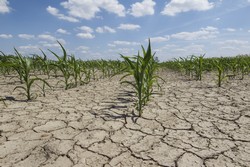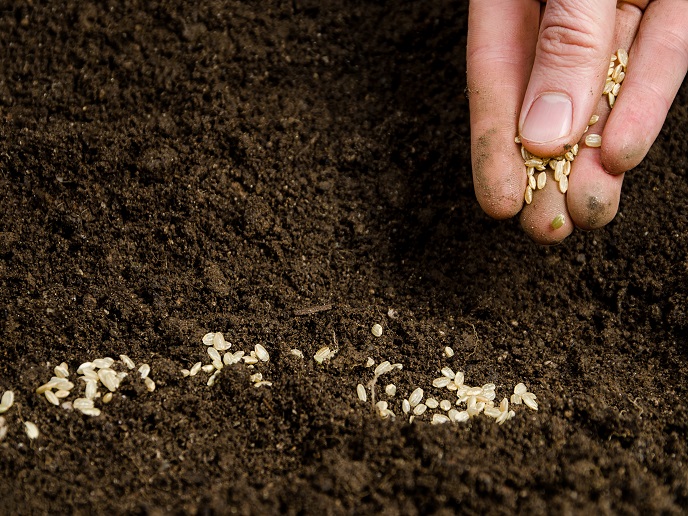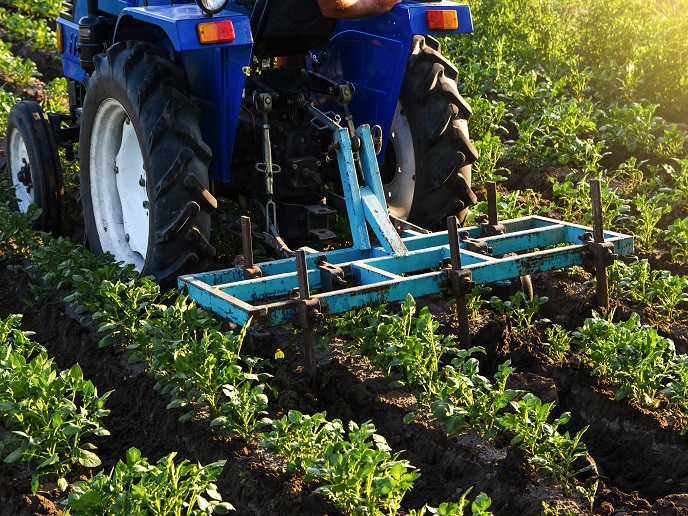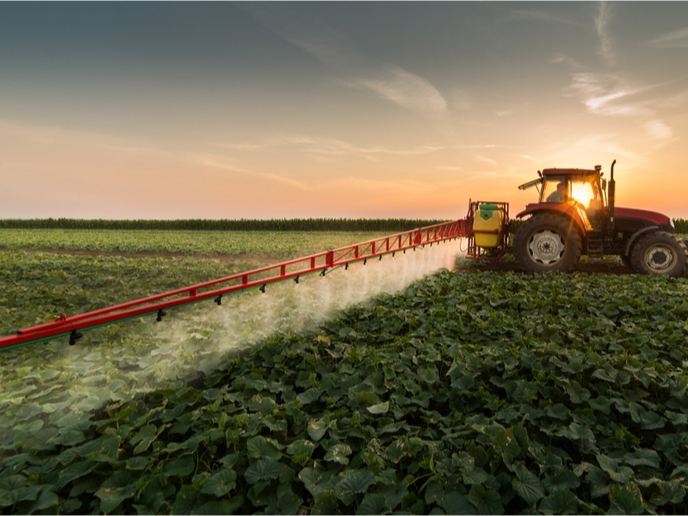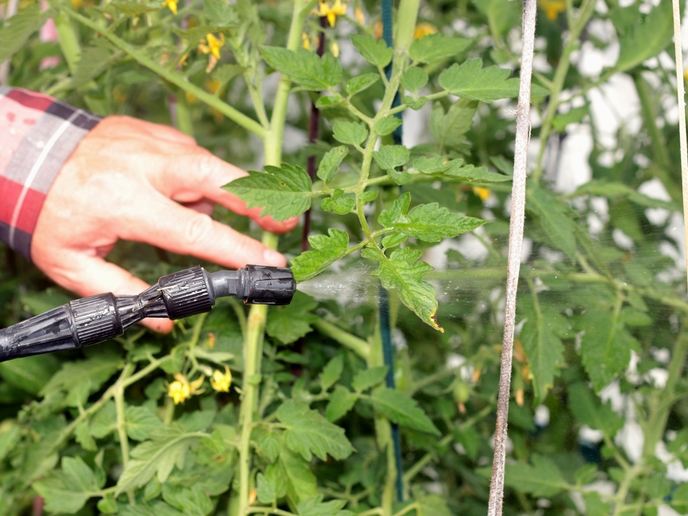Drought tolerant crops ready for climate change
Climate change scenarios predict that crops will be at increased risk in the future, due to drought and high temperatures. Thus, there is an urgent need for new cultivars and strategies to mitigate this threat to global food security. The EU-funded DROPS (Drought-tolerant yielding plants) project has developed new approaches to enhance water-use efficiency and improve yield in plants experiencing drought conditions. Researchers modelled plant performance in a range of environmental scenarios based on current and future climates. They used maize, durum wheat and bread wheat to investigate four traits: seed abortion rate, vegetative growth maintenance, root-system architecture and transpiration efficiency. The natural variation of the four traits was explored in order to identify the regions in the genome that control them under a range of drought conditions and temperatures. The relevance of the involved 'versions of genes' (alleles) was tested in hundreds of climatic scenarios via crop modelling. This enabled identification of combination of alleles associated with better yields and water use efficiency in different regions of Europe, in current and future climate scenarios. Simulations based on the hypothesis of an adaptation of crop cycle to climate change gave the unexpected result that, in well-watered conditions, climate change will have a limited impact on yield. Current simulations into the impact of climate change under the hypothesis that farmers will counteract the increased risk of heat and water stress by choosing adapted genotypes strongly suggest that this second source of adaptation also contributes to a lower impact of climate change. Finally, a dedicated information system provided secure access to the entire DROPS dataset. It comprised a centralised database for phenotypic data collected in field experiments and web services that connect databases for genotypic, ′omic′ and phenotypic data collected in platforms. The information system included tools for assessing the validity of phenotypic measurements and relating them to environmental variables. This enabled joint analysis of phenotypic data (field and platforms) together with environmental conditions and genotypic data for genetic analysis. DROPs therefore provides both scientists and plant breeders with improved knowledge and tools to enhance crop plant water-use efficiency. It will help support crop improvement strategies through developing cultivars better able to withstand unfavourable climatic scenarios.
Keywords
Environmental stress, cultivars, DROPS, drought tolerant, genome, phenotype, plant breeders



